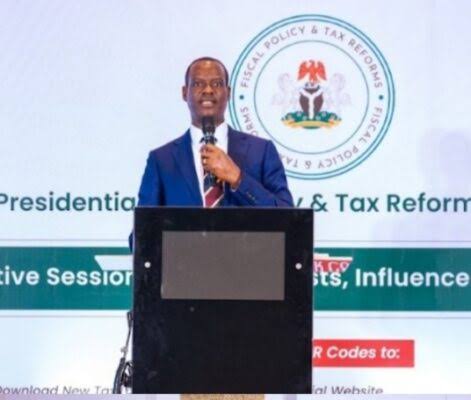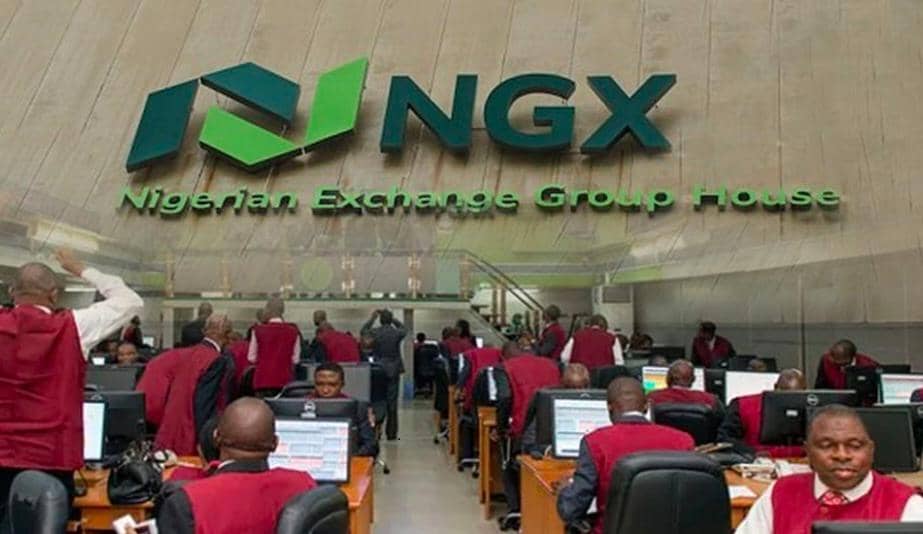The Chairman of the Presidential Fiscal Policy and Tax Reforms Committee, Mr. Taiwo Oyedele, has announced a sweeping set of 50 tax exemptions and reliefs aimed at easing the financial burden on low-income earners, average taxpayers, and small businesses, as part of Nigeria’s new tax reform framework set to take effect on January 1, 2026.
In a statement released via his official handle on X (formerly Twitter), Oyedele described the package as “one of the most people-focused tax reforms in Nigeria’s recent history,” emphasizing its focus on fairness, simplicity, and inclusiveness within the nation’s fiscal system.
According to him, the reforms are designed to reduce tax pressure on the poor and productive sectors of the economy, while encouraging compliance and improving the ease of doing business.
“From 1 January 2026, the new tax laws will provide many reliefs and exemptions for low-income earners, average taxpayers, and small businesses,” Oyedele said.
See the full list below:
Personal Income Tax or PAYE
1. Individuals earning the national minimum wage or less (exempt)
2. Annual gross income up to ₦1,200,000 (translating to about ₦800,000 taxable income) is exempt
3. Reduced PAYE tax for those earning annual gross income up to ₦20 million
4. Gifts (exempt)
Allowable Deductions & Relief For Individuals
5. Pension contribution to PFA
6. National Health Insurance Scheme
7. National Housing Fund contributions
8. Interest on loans for owner-occupied residential housing
9. Life insurance or annuity premiums
10. Rent relief – 20% of annual rent (up to ₦500,000)
Pensions & Gratuities – Exempt
11. Pension funds and assets under the Pension Reform Act (PRA) are tax-exempt.
12. Pension, gratuity or any retirement benefits granted in line with the PRA
13. Compensation for loss of employment up to ₦50 million
Capital Gains Tax (CGT) – Exempt
14. Sale of an owner-occupied house
15. Personal effects or chattels worth up to ₦5 million
16. Sale of up to two private vehicles per year
17. Gains on shares below ₦150 million per year or gains up to ₦10 million
18. Gains on shares above exemption threshold if the proceed is reinvested
19. Pension funds, charities, and religious institutions (non-commercial)
Companies Income Tax (CIT) – Exempt
20. Small companies (turnover not more than ₦100 million and total fixed assets not more than ₦250 million) pay 0% tax
21. Eligible (labelled) startups are exempt
22. Compensation relief – 50% additional deduction for salary increases, wage awards, or transport subsidies for low-income workers
23. Employment relief – 50% deduction for salaries of new employees hired and retained for at least three years
24. Tax holiday for the first 5-years for agricultural businesses (crop production, livestock, dairy etc)
25. Gains from investment in a labeled startup by venture capitalist, private equity fund, accelerators or incubators
Development Levy – Exempt
26. Small companies are exempt from 4% development levy
Withholding Tax – Exempt
27. Small companies, manufacturers and agric businesses are exempt from withholding tax deduction on their income
28. Small companies are exempt from deduction on their payments to suppliers
Value Added Tax (VAT) – 0% Or Exempt
29. Basic food items – 0% VAT
30. Rent – Exempt
31. Education services and materials – 0% VAT
32. Health and medical services
33. Pharmaceutical products – 0% VAT
34. Small companies (≤ ₦100m turnover) are exempt from charging VAT
35. Diesel, petrol, and solar power equipment – VAT suspended or exempt
36. Refund of VAT on assets and overheads to produce VATable or 0% VAT goods and services
37. Agricultural inputs – fertilizers, seeds, seedlings, feeds, and live animals
38. Purchase, lease or hire of equipment for agric purposes
39. Disability aids – hearing aids, wheelchairs, braille materials
40. Transport – shared passenger road transport (non-charter)
41. Electric vehicles and parts – exempt
42. Humanitarian supplies – exempt
43. Baby products
44. Sanitary towels, pads or tampons
45. Land and building
Stamp Duties – Exempt
46. Electronic money transfers below ₦10,000
47. Salary payments
48. Intra-bank transfers
49. Transfers of government securities or shares
50. All documents for transfer of stocks and shares
What You Should Know
In June, President Bola Tinubu signed into law four tax reform bills on key areas of Nigeria’s fiscal and revenue framework.
The four bills include: the Nigeria Tax Bill, the Nigeria Tax Administration Bill, the Nigeria Revenue Service (Establishment) Bill, and the Joint Revenue Board (Establishment) Bill.
WARNING: If You Are Not 18+, Don’t Click The Link Below 👇🫣
https://rayvirtual.com/m3e85u39j?key=f0014e9d9438d5115e4d66e73ca3f04b
Please don’t forget to “Allow the notification” so you will be the first to get our gist when we publish it.
Drop your comment in the section below, and don’t forget to share the post.
Never Miss A Single News Or Gist, Kindly Join Us On WhatsApp Channel:
https://whatsapp.com/channel/0029Vad8g81Eawdsio6INn3B
Telegram Channel:
https://t.me/gistsmateNG











